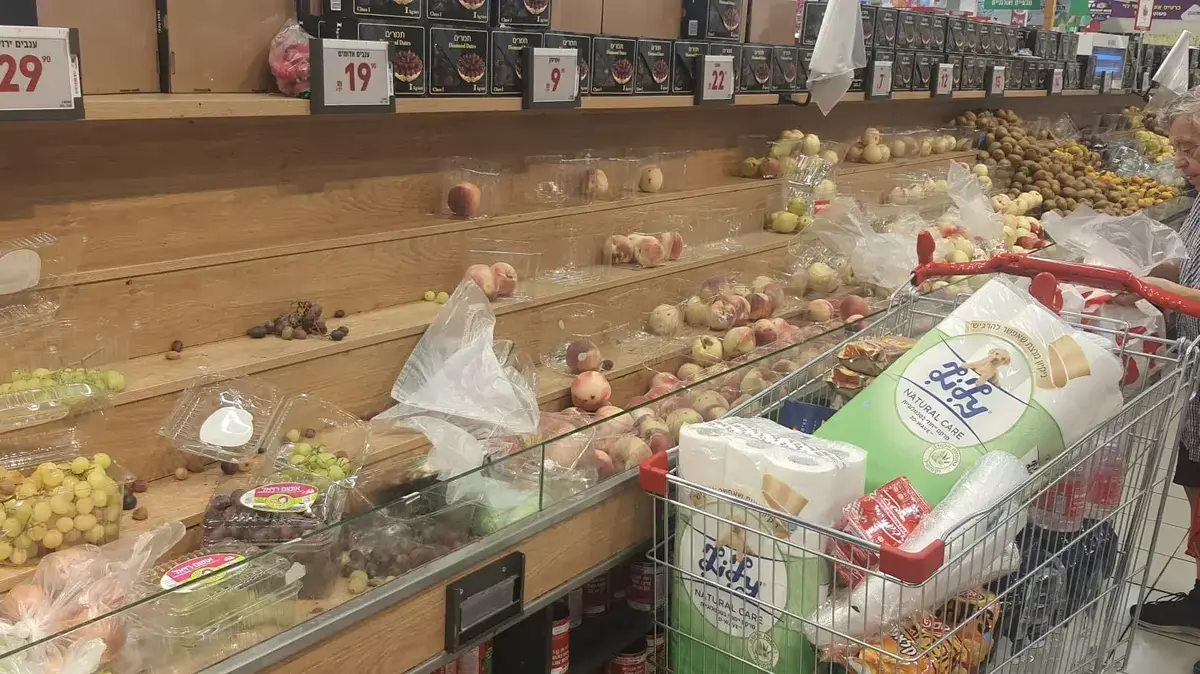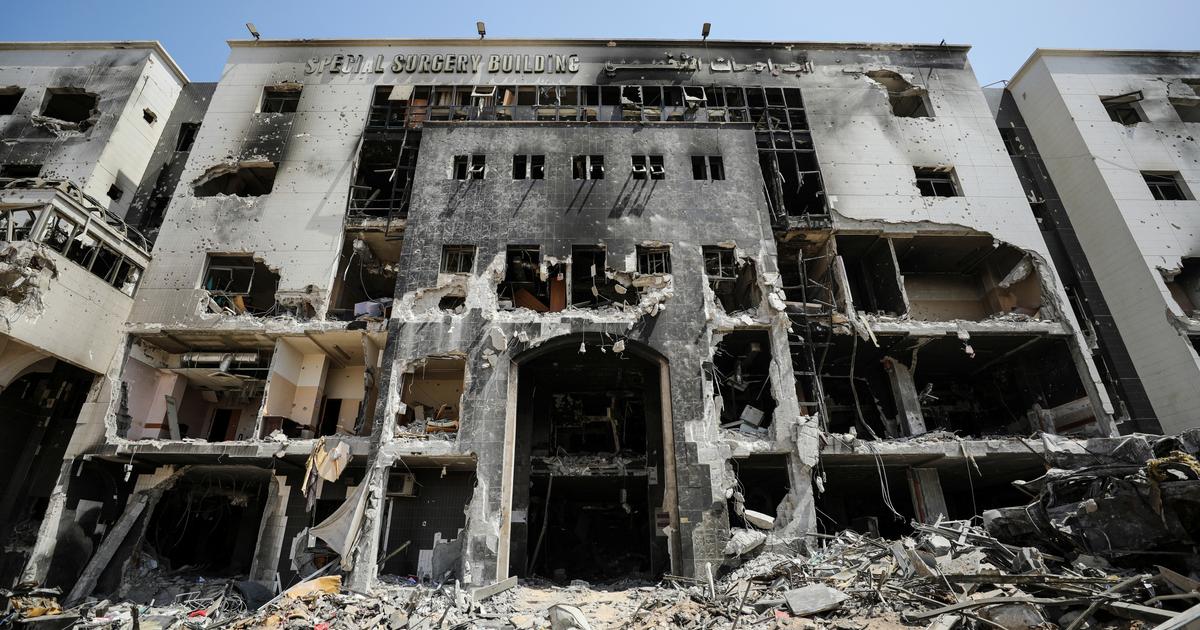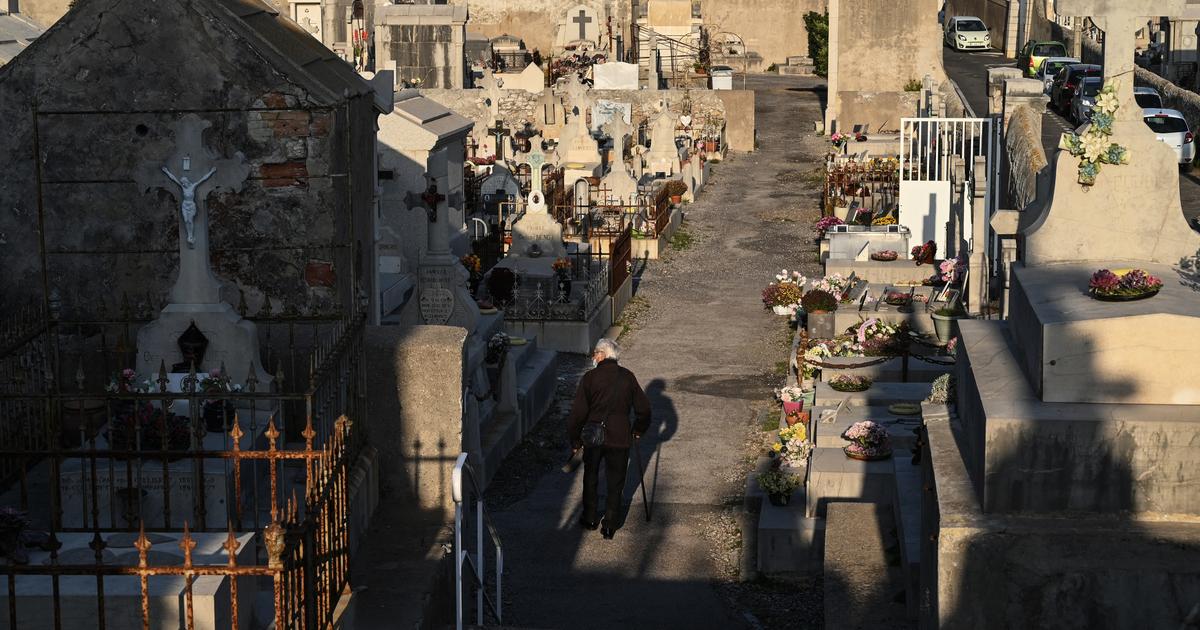Several British energy providers have already had to give up, and there is great fear of higher gas bills.
The food industry warns against buying hamsters.
One reason for the crisis: Brexit.
London - Higher gas bills and less groceries: Hundreds of thousands of UK consumers face an expensive, difficult winter.
"The lights will not go out," said Minister of Economics Kwasi Kwarteng confidently. But it is also clear that millions of people will soon feel the acute energy crisis in their wallets. The newspaper “Daily Mail” fears a “winter of suffering”. Commentators are already warning of a return to the 1970s with electricity shortages and strikes. Kwarteng admitted that some families would soon be faced with a choice between heating and eating.
The alarm mood in the food industry * is correspondingly high.
The largest retail chain Tesco is already warning of panic buying, which could be “far worse” than at the beginning of the corona pandemic.
The country's food supply is "on a knife edge," wrote the head of the National Farmers' Union, Minette Batters, in a letter to Prime Minister Boris Johnson signed by several food associations.
The industry is already under enormous pressure: Due to strict immigration rules after Brexit, there are no truck drivers, supplies are not always guaranteed, and supermarket shelves across the country remain empty.
Chain reaction exacerbates the situation
Now the increased natural gas prices * aggravate the situation - in a chain reaction that amazes most consumers. The focus: carbon dioxide (CO2). Food and beverage manufacturers need the gas to stun slaughter cattle and to vacuum-seal packaging. Now CO2 is a by-product that arises in the manufacture of fertilizers. But because some producers shut down their factories because of the high energy prices, the gas is now lacking. Meat producers fear an enormous backlog, as a result of which they would have to cull tens of thousands of animals. CO2 prices could also multiply - and food could become more expensive.
Heating: At least 1.5 million people suddenly lost their utility because several small energy companies went to their knees.
They had offered their customers extremely cheap contracts, but had not secured the financing themselves.
The rising prices are now causing these constructs to collapse.
The conservative government, which has always relied on market regulation, has already made it clear that it will not distribute any loans.
With the new providers, however, the energy costs are several hundred pounds higher a year.
This hits poorer people particularly hard - because the government is now canceling a social benefit introduced because of the pandemic.
Johnson stresses loosely
So far, Prime Minister Johnson, who once as the Brexit spokesman had announced significantly lower energy prices after leaving the EU, has been very relaxed. It is a global problem - the industry is currently recovering from the consequences of the corona pandemic: "It's as if everyone turns on the kettle at the end of a TV show," Johnson said recently.
But now the government has to admit that costs are unlikely to fall again anytime soon. Rather, it is preparing for another month-long price increase - the worst-case scenario, as Secretary of State for Economic Affairs Paul Scully said on Sky News. This in turn could lead to inflation, which had recently shot from 2 to 3.2 percent, rise even further, according to the industry association CBI. According to a recent survey by market researcher GfK, consumer confidence fell significantly in September.
Mindful of the dangers, the government intervened and helped the most important CO2 producer with tax money.
The industry takes a deep breath - and yet remains skeptical.
"This loan is only for three weeks," said Richard Walker of the Iceland supermarket chain.
“What happens after that and what happens when the gas price rises next?” Walker emphasized that a broader, more diverse and more sustainable energy mix was necessary.
So far, almost half of the UK has relied on gas.
But the storage facilities are significantly emptier than in the EU, there are also fewer storage facilities, and since Brexit there has been no protection from the European energy market.
(dpa) * Merkur.de is part of IPPEN.MEDIA.












